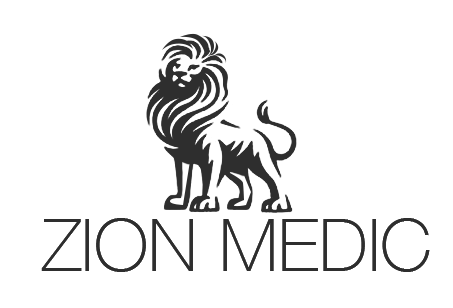Stem Cell and Bone Marrow Transplantation: Pioneering Cancer Treatments in Israel
Introduction
Stem cell and bone marrow transplantation represent some of the most advanced and effective treatments available for certain types of cancer. These therapies offer hope for patients with conditions that are unresponsive to conventional treatments.
At Zion Medic, we are dedicated to providing comprehensive information about cutting-edge cancer therapies. This article explores the different types of stem cell and bone marrow transplantation, their benefits, and their application in cancer treatment, with a focus on the exceptional cancer care available in Israel.
What are Stem Cell and Bone Marrow Transplantation?
Stem cell and bone marrow transplantation involve replacing damaged or diseased bone marrow with healthy stem cells. These stem cells can develop into different types of blood cells and are crucial for restoring the body’s ability to produce healthy blood cells. The two main types of transplantation are:
- Autologous Transplantation
Description: In this procedure, a patient’s own stem cells are collected, stored, and then reinfused after intensive treatment such as chemotherapy or radiation.
Benefits: Reduces the risk of rejection since the cells are the patient’s own, and it is often used in treating blood cancers like lymphoma and multiple myeloma.
2.Allogeneic Transplantation
Description: This involves using stem cells from a donor, which can be a relative or an unrelated matched donor. The donor’s healthy stem cells replace the patient’s diseased cells.
Benefits: Provides a new immune system that can help fight cancer cells (graft-versus-tumor effect) and is used in treating leukemia, lymphoma, and other severe blood disorders.
The Transplantation Process
The transplantation process involves several key steps:
- Collection: Stem cells are collected from the patient’s blood or bone marrow in autologous transplants or from a donor in allogeneic transplants.
- Conditioning: The patient undergoes high-dose chemotherapy or radiation to destroy diseased cells and suppress the immune system.
- Transplantation: The collected stem cells are infused into the patient’s bloodstream.
- Engraftment: The transplanted stem cells travel to the bone marrow, where they begin to produce new, healthy blood cells.
- Recovery: Patients are closely monitored for complications such as infections or graft-versus-host disease in allogeneic transplants.
Benefits of Stem Cell and Bone Marrow Transplantation
Stem cell and bone marrow transplants offer several significant benefits:
- Potential Cure: Can potentially cure certain cancers and blood disorders.
- High Success Rates: Especially effective for blood cancers like leukemia, lymphoma, and multiple myeloma.
- Graft-Versus-Tumor Effect: In allogeneic transplants, the new immune cells can attack and kill remaining cancer cells.
- Restored Blood Cell Production: Helps restore the body’s ability to produce healthy blood cells after intensive cancer treatment.
Stem Cell and Bone Marrow Transplantation in Israel
Israel is renowned for its advanced medical technologies and high-quality healthcare. The country’s leading cancer centers offer state-of-the-art stem cell and bone marrow transplantation procedures. Patients from around the world come to Israel for the following reasons:
- Expertise: Israel has world-renowned oncologists and hematologists specializing in stem cell and bone marrow transplantation.
- Cutting-Edge Research: Israeli medical institutions are at the forefront of research and innovation in cancer treatments.
- Advanced Facilities: Hospitals and cancer centers in Israel are equipped with the latest medical technologies.
- Comprehensive Care: Patients receive holistic care, including pre-transplant evaluation, post-transplant monitoring, and supportive therapies.
Challenges and Considerations
While stem cell and bone marrow transplantation offer promising outcomes, there are challenges to consider:
- Risk of Complications: Includes infections, graft-versus-host disease, and other side effects.
- Eligibility: Not all patients are candidates for transplantation; suitability depends on factors such as age, overall health, and type of cancer.
Conclusion
At Zion Medic, we are committed to providing the latest innovative cancer treatments, including stem cell and bone marrow transplantation. These advanced therapies offer hope for patients facing challenging cancers and blood disorders. If you or a loved one is considering stem cell or bone marrow transplantation, consult with our experienced medical professionals to explore your options. Trust Zion Medic for compassionate care and expert guidance through every step of your cancer treatment journey.


